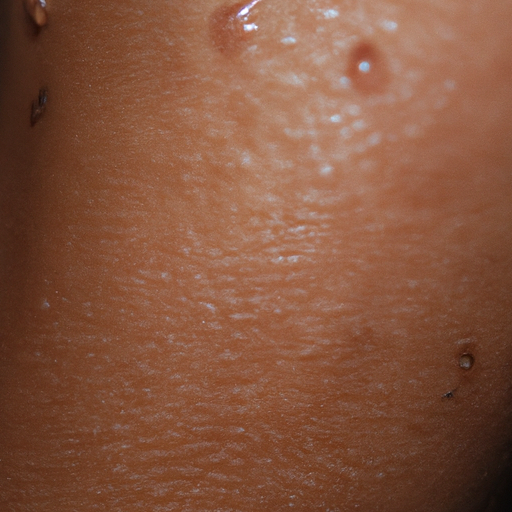Oily skin can be a significant concern for many people, leading to a shiny complexion, enlarged pores, and an increased risk of acne and blackheads. However, with the right skincare regimen, it is possible to manage oily skin effectively. Here are five proven strategies to combat oily skin and banish that unwanted shine.
1. Regular Cleansing: The first step in managing oily skin is regular and thorough cleansing. This helps remove excess oil and impurities from the skin’s surface, preventing them from clogging the pores. However, it’s essential to avoid harsh soaps or detergents that can strip the skin of its natural oils, leading to increased oil production as a compensatory mechanism. Instead, opt for gentle, oil-free cleansers specifically designed for oily skin. Cleansing your face twice a day is usually sufficient; over-cleansing can also stimulate more oil production.
2. Use of Oil-Free and Non-Comedogenic Products: When choosing skincare products, it’s crucial to select those labeled as ‘oil-free’ and ‘non-comedogenic.’ These products do not contain ingredients that can clog pores or stimulate oil production. This rule applies to everything from cleansers and moisturizers to makeup. Even though you have oily skin, moisturizing is still important to maintain your skin’s health. Opt for a lightweight, water-based moisturizer that won’t add extra oil to your skin.
3. Regular Exfoliation: Exfoliating your skin once or twice a week can help remove dead skin cells that can clog pores and increase oiliness. However, avoid harsh scrubs that can irritate the skin and trigger more oil production. Instead, choose gentle exfoliants and consider products containing salicylic acid or alpha and beta hydroxy acids, which can penetrate the pores and help reduce oiliness.
4. Blotting Papers: These thin, small papers are excellent for quick and easy oil removal. They won’t prevent your oil glands from producing more oil, but they’ll help you manage the shine throughout the day. Gently press the paper against your face and then lift it off. It’s a simple, non-disruptive method to reduce shine.
5. Healthy Diet: Lastly, maintaining a healthy diet can also help regulate oil production. Foods high in sugars and fats can stimulate oil production, while a diet rich in fruits, vegetables, whole grains, and lean proteins can help balance your skin’s oil levels. Drinking plenty of water also keeps your skin hydrated and healthy.
In conclusion, managing oily skin requires a combination of the right skincare routine, the correct products, and a healthy lifestyle. While it may take some trial and error to find what works best for you, these strategies can help you combat oily skin effectively. Remember, everyone’s skin is unique, so what works for one person might not work for another. It’s always best to consult with a dermatologist or skincare expert if you’re struggling to manage oily skin.



